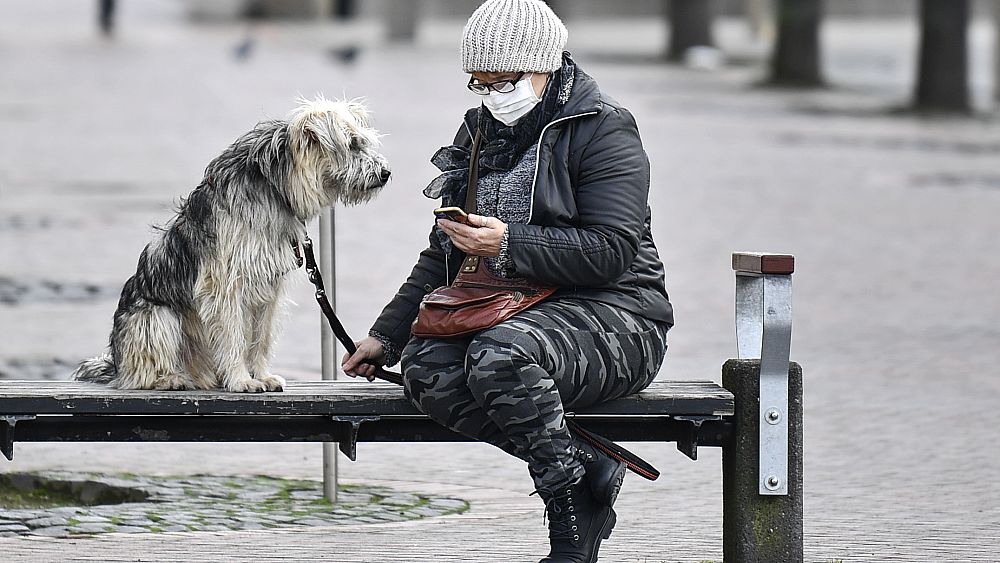Germans are rushing to pet stores and dog adoption shelters in record numbers since the COVID-19 pandemic, hoping that a four-legged friend can help alleviate COVID-19 lockdown loneliness.
With schools closed in Germany for most of 2020 as the pandemic rages across Europe, parents, in particular, have been snapping up dogs as a way of keeping their children entertained.
“You can”t do much, you can’t go on vacation, you can’t visit friends or family. But you can walk, go to the woods, and a dog is perfect for that,” Markus Salomon, 53, told AFP.
His daughters, nine and 14, have found their spotted-black-and-brown-haired puppy a welcome source of distraction around the house amid the ongoing challenges of homeschooling.
Germans have been deprived for months of restaurants, sports clubs, and, until recently, small shops, but they are able to get out and about on foot, which has proved a boon for dog owners.
As a result, the Deutsche Hundewesen (VDH) canine association has been sales of dogs increase by more than 20% in 2020.
Meanwhile, nearly a million additional animals have entered German homes, with nearly 35 million pets – including not just cats and dogs but turtles and fish – for the country’s 83 million residents, according to estimates from the German Pet Products Federation (IVH).
Emotional support
Many Germans are looking at adoption, with Berlin’s Tierheim animal shelter revealing a record 500 requests in one weekend last spring when the health crisis began.
German pet site Wamiz.de published survey results recently that found that 84% of dog owners said their pets not only provided distraction but also much-needed emotional support.
“Pets are interlocutors for many, especially for people living alone,” explained Frank Nestmann, a psychologist at the University of Technology Dresden.
The demand for pets has had a downside, according to the German Association for the Protection of Animals. which said that the number of dogs sold illegally doubled between 2019 and 2020.
The animals are often bred abroad in poor conditions and can be prone to sickness and difficult to manage. Sadly, they are often abandoned by their owners.
Illegal trade
“The demand is insanely high, and animal welfare organisations have hardly any more animals. This means that the illegal trade is flourishing,” said Annette Rost, spokesperson for the Tierheim refuge.
One dog, Marti, a one-and-a-half-year-old Staffordshire terrier, was illegally imported from Romania and kept locked in a cellar before being brought to the shelter.
Puppies like Marti have proved popular to the Instagram generation, says Xenia Katzurke, a dog behavior therapist, but can be hard work when they grow up.
“They get hold of an animal without thinking about what will happen when the pandemic is over and their lives return to normal,” said Rost.









:max_bytes(150000):strip_icc():focal(787x244:789x246)/John-Goodmans-LA-Home-burned-010925-tout-42cc53fa164044e689402264b67a9494.jpg)